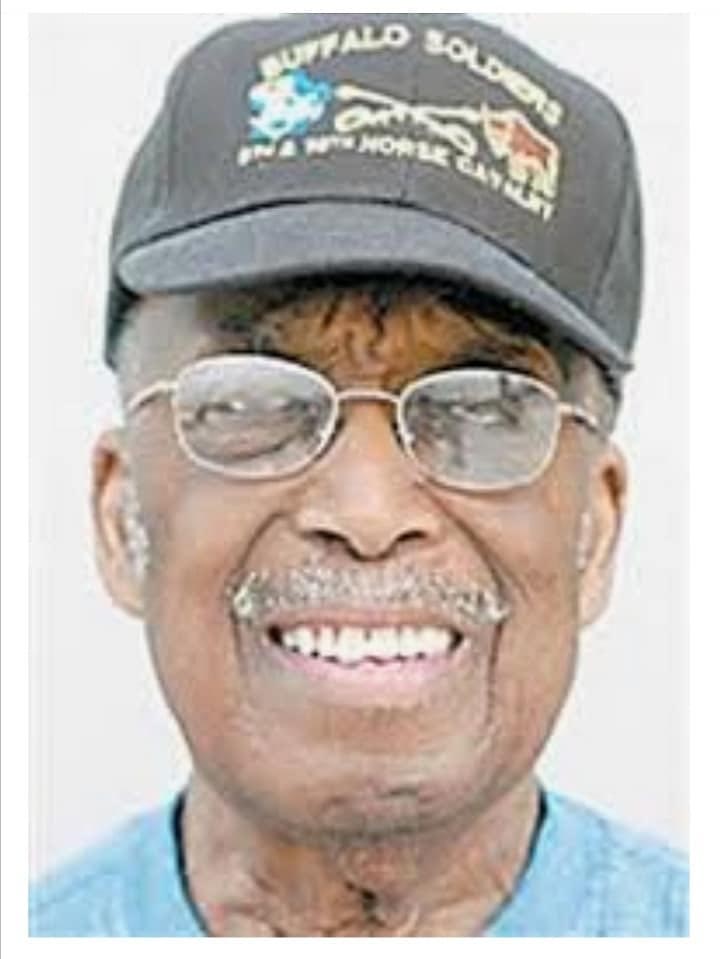Five years ago in the heat of the July summer, the bell ringers of Barga were making sure that the whole valley was aware that the holiday for the patron saint of Barga , St. Christopher would be shortly upon us.
They had been ringing the bells every day at midday up in the bell tower of the Duomo in Barga Vecchia.
The sunlight streaming through the open window of the bell tower lit up something that has not been noticed before — a penciled in name and date on the inside of the largest bell ( full article here)
Sgt. Davidson and the date, Oct 44.
October 1944 was when the Gothic line was here in Barga and so the Duomo would be a perfect place for a look out over the valley.
Some observers did cast some doubt on the authenticity of the date of the writing as the calligraphy seems somewhat of a later date but never the less, there was then a concentrated effort in finding out from military records all they could about the enigmatic Sgt. Davidson.
So did Sgt Davidson leave his name and if so what happened to him afterwards … did he return to his country and what was his country of origin?
Could he have been one of the members of the 92nd Battalion, part of the 366th or 370th Infantry Regiment that were involved in the Sommocolonia story with Lt. John Fox ?
Lieutenant Colonel Vittorio Lino Biondi, in fact indicated the presence of Davidson Elvyn in the 92nd Buffalo.
Thanks to the work of Cristian Tognarelli, a few years later, browsing the internet, the obituary of Doctor Davidson Elvyn who died in July 2010 (6/9 / 1923- 6/7/2010) appeared.
After the war he had in fact become an esteemed doctor, and since having made history during the Second World War was not enough, he treated Martin Luther King victim of an attack.
One of the bell ringers and local historian, Cristian Tognarelli in this short interview above (in Italiano) wonders who was the person who left his name on the inside of the bell in the Duomo.
Orphaned at 11 when both his parents died, Elvyn Davidson moved from Long Island to Manhattan to live with his older, married brother. After having to drop out of college for lack of funds, Davidson landed a job in a War Department office on Wall Street, through his brother’s friendship with Adam Clayton Powell. With the U.S. entry into the war, he decided to enlist and become a cavalry officer like his father, who had served in the Spanish-American War. But the cavalry was becoming obsolete, and Davidson wound up a noncommissioned officer in the infantry with the 92nd Division. In a long and detailed interview, Davidson describes the hardships of serving in Italy, his leniency with his men, the importance of camaraderie to morale, and conditions in postwar Japan, where he served in the Occupation.
Elvin Davidson:
The Italian partisans were very, very helpful because they would come back and tell us where Germans were and they put up a lot of disconcerting sidelines to the Germans. They’d draw a lot of attention off and they gave us a tremendous amount of support. They were willing to go places that we couldn’t get to. And they’d do a lot of intelligence. They had their women go behind the lines and find out what the Germans were doing and they’d come back and tell us. We’d pretty well know where they were and what we needed to do.Jason Bowen:
We’ve already talked about the aforementioned Ghurkas. Also you worked with a British artillery unit, I was going to get your take on them…Elvin Davidson:
I don’t remember the number of the British artillery unit, but you know, the British are kind of conservative. They said we fired our rations for the day. We can’t give you any more support. (Laughs)G. Kurt Piehler:
They would literally say, we’ve used our…?Elvin Davidson:
Yeah, we used our quota for the day, but they would do it…they would hold off and do it when you asked. But if ever we were in a tight spot, they’d come through.Jason Bowen:
What was your general opinion or…through your company of the British soldiers?Elvin Davidson:
We thought they were good soldiers. They were good…we had a lot of…we had come in contact with what, the Australians, who were excellent soldiers. We came in contact with some Portuguese from Brazil. They were good soldiers…we sort of fraternized with the Portuguese more than we did anybody else.G. Kurt Piehler:
Really?Elvin Davidson:
Yeah, we’d go on pass…because you know first we didn’t realize these guys couldn’t speak no English. We thought, damn, what black troop is this? And turn out they were the Brazilian army. Some of them could speak English and we had a good time with those guys. They were really nice.G. Kurt Piehler:
How much…while the war was going on, how much fraternization was there between men in your unit and Italians?Elvin Davidson:
Uh, to the point…as long as it didn’t interfere with your combat, now we stayed in some people’s houses and they were…you know, as we were moving along. We moved in a village, and the people just so glad to see Americanos, you know. They just do all sorts of things, festivals…cause we gave them food…candy and whatever we had we give ’em candy, blankets, and stuff. Cause they were really…lot of people were just destitute, didn’t have anything and we’d share what we had. And they said that the black soldiers were kinder than the white, because they said we were willing to share what we had with them. The white soldiers wouldn’t do nothing. But, so we got along with them very well, very well.G. Kurt Piehler:
Did you ever go to…particularly when you were not on the line, did you ever go to services at any of the Catholic…any of the churches in Italy.Elvin Davidson:
Yeah. The mass…the Italian…the Latin mass at that time was all the same, no matter what church.G. Kurt Piehler:
So yeah, I was…was…Elvin Davidson:
So I went to a couple of masses, yeah, when I got a chance…which wasn’t often, but every time I got a chance to go I’d go on to church and pray and uh, one lady was surprised that I was Catholic. “Cam-leek?” (Laughs.)G. Kurt Piehler:
I guess it’s my commentary…but this was probably the beauty of the Latin mass that in fact you could go anywhere in the world.Elvin Davidson:
Yeah, you could go anywhere in the world and the mass was the same. In Latin you know, I knew what he was saying, I knew exactly where he was and it was refreshing in that hey, I can understand this guy, you know…good! I know what he’s saying, same things they do when you’re home. So that made it interesting. It was a lot easier to do that.
Full interview with Elvin Davidson here



